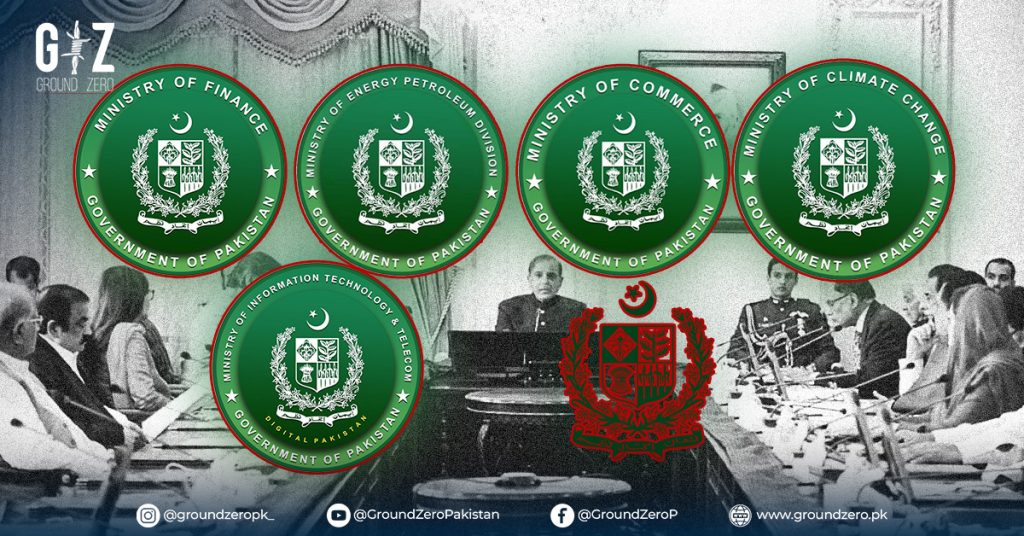Government Inducts Experts in Ministries to Boost Governance Efficiency
The government inducts experts in ministries in a bid to modernize governance and improve efficiency. By bringing in professionals from the private sector and international markets, Pakistan aims to overcome its current governance challenges. This decision is set to replace the traditional generalist bureaucracy with field-specific experts who can implement research-based, data-driven decisions to steer the country toward sustainable growth. For more insights, visit our Pakistan News section.
Importance of Experts in Ministries for Better Governance
1. Data-Driven Decision Making
One of the most significant advantages of the government’s decision is that these experts will rely on data and research. Unlike traditional bureaucrats, who may not have specialized knowledge, professionals will implement decisions based on studies and best market practices. This will result in more accurate and effective policies.
2. Improving Ministry Efficiency
The induction of field-specific professionals into ministries will lead to improved operational efficiency. Key ministries like energy, finance, and climate change can benefit from industry experts who understand the complexities of these sectors. Learn more about the reform in Dawn’s coverage.
3. Performance-Oriented Targets
Experts will work with clear performance indicators, evaluated annually. This will ensure that ministries are more result-driven, focusing on measurable outcomes rather than bureaucratic tenure. For more context, see Express Tribune’s report.
International Support for Expert Induction
The decision aligns with recommendations from international lenders, such as the World Bank, who have urged the government to adopt modern governance structures. These structures focus on reducing political interference and creating a more transparent, efficient system driven by expertise and data.
Conclusion
The government inducts experts in ministries to revolutionize Pakistan’s governance by creating a modern, results-oriented structure. By aligning with global best practices, this decision will improve governance efficiency, ensure data-driven policies, and enhance Pakistan’s international standing.


